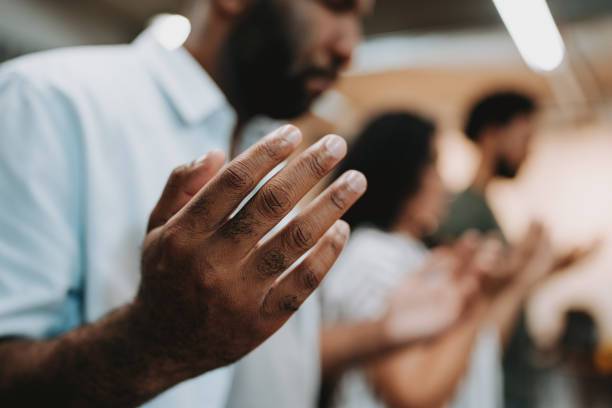
Group of people praying for mental support
Faith has always been the heartbeat of Black America.
From the slave fields where whispered prayers floated into the night sky, to the grand church pulpits of the civil rights era, Black people have clung to faith like a life raft in a raging sea. But today — in 2025 — that faith is evolving. It’s no longer just sitting in pews on Sunday morning. It’s marching through the streets. It’s meditating on ancestors. It’s finding God in protest chants, poetry slams, yoga sessions, and kitchen tables.
I’m Titus Terrell, and I grew up under the steeple — like many of you. Raised on Sunday sermons that told me Jesus loved me, but left me wondering why the world hated me. The church was both my shelter and, sometimes, my cage.
Now, as I walk through Black neighborhoods in Milwaukee, Chicago, Atlanta, and Oakland, I see something undeniable: the Spirit has left the building — and it’s moving with the people.
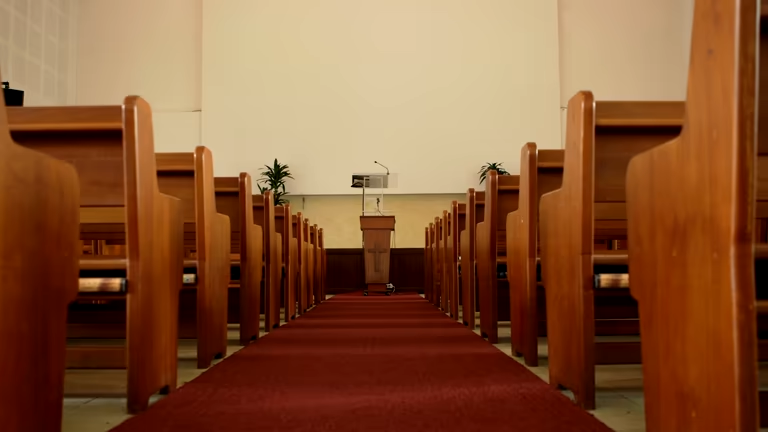
⸻
The Church: A Pillar and a Prison
For generations, the Black Church wasn’t just about God.
It was the schoolhouse when we couldn’t read.
It was the bank when we couldn’t get loans.
It was the political rally when no one heard our votes.
But let’s be real: it also hurt us.
Many Black LGBTQ+ youth found themselves condemned from pulpits that preached love but practiced shame. Many women found themselves silenced in spaces that should have empowered them. Many young thinkers asked too many questions and were labeled rebellious.
Faith was supposed to liberate us — not chain us.
And many of us started asking: What if God is bigger than this?
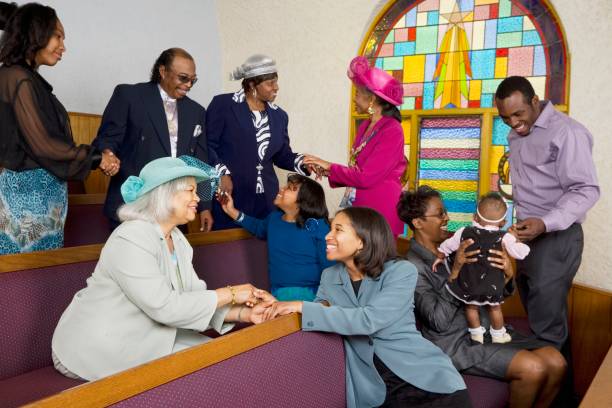
⸻
Spirituality in the Streets
Today, Black faith looks different.
You see it when a young woman lights sage before protesting police violence.
You hear it when a spoken word artist recites psalms of Black survival at an open mic.
You feel it when a group circles up to meditate, breathe, and call on ancestors’ strength.
I, Titus Terrell, found my Spirit again outside the four walls.
I found it when a grandmother taught me about the power of candle work and prayer circles.
I found it when a brother on the block told me, “You ain’t gotta wear a suit and tie to touch the divine.”
I found it in my own heartbeat — rhythmic and relentless like our history.
We are realizing that spirituality doesn’t belong to any one tradition.
It belongs to us — the survivors, the dreamers, the ones who keep coming back, no matter what they do to us.
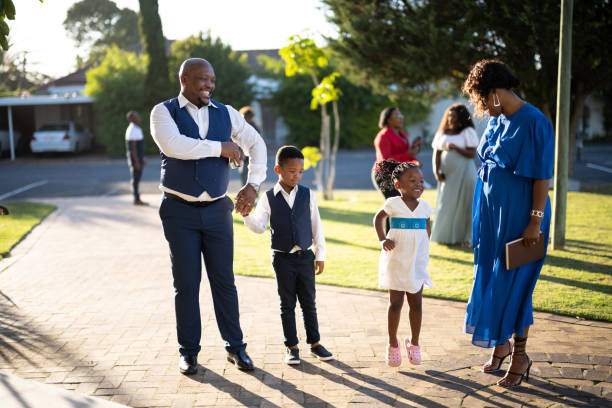
⸻
Building New Altars
We are building new altars today — not just in churches, but:
• In art galleries with Afrocentric exhibits.
• On podcast mics discussing ancestral healing.
• In community gardens planted by Black hands reclaiming stolen land.
• In therapy sessions where we name generational trauma and break it.
As Titus Terrell, I say:
We don’t have to abandon the faith of our grandmothers — but we do have the right to reimagine it.
Faith isn’t dying in the Black community — it’s evolving, breathing, stretching, just like we are.
Because God, Spirit, the Ancestors — whatever you call it — ain’t confined to stained glass windows.
It’s in our sweat.
It’s in our songs.
It’s in every step we take toward freedom.
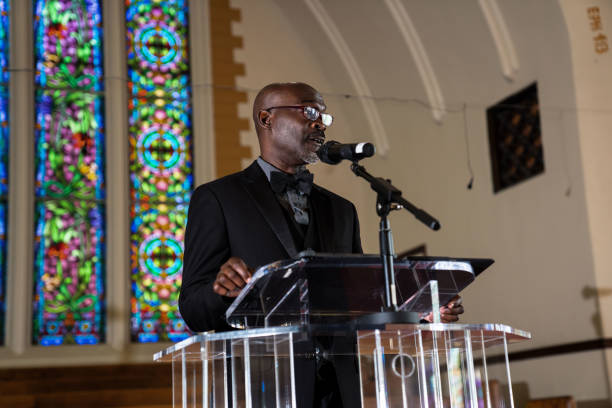
⸻
Further Reading and References:
• The Role of the Black Church in the Civil Rights Movement (National Humanities Center)
• Black Millennials Are Leaving the Church (Pew Research Center)
• African Spirituality in the Modern Black Community (The Root)
• Black LGBTQ+ Experiences in Religious Spaces (Human Rights Campaign)
⸻




